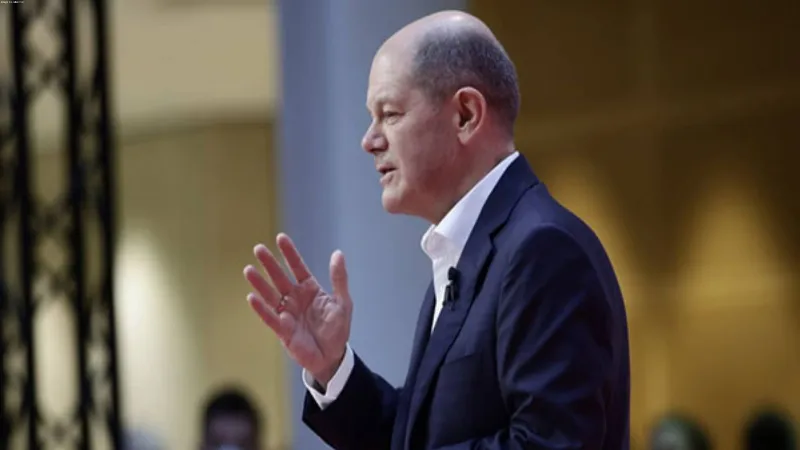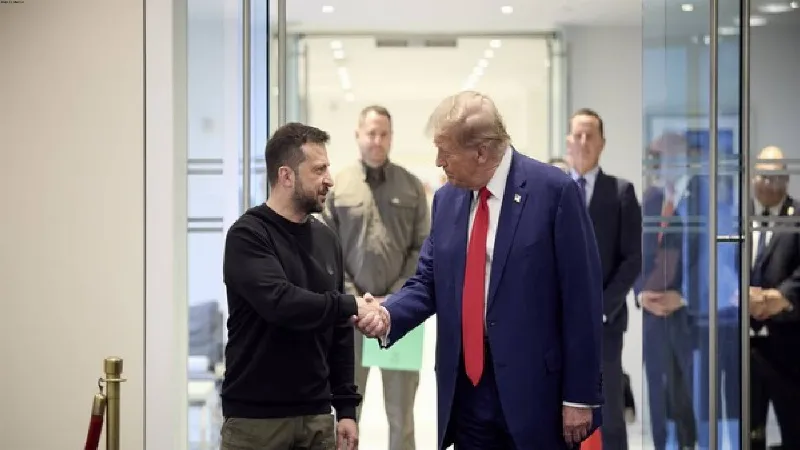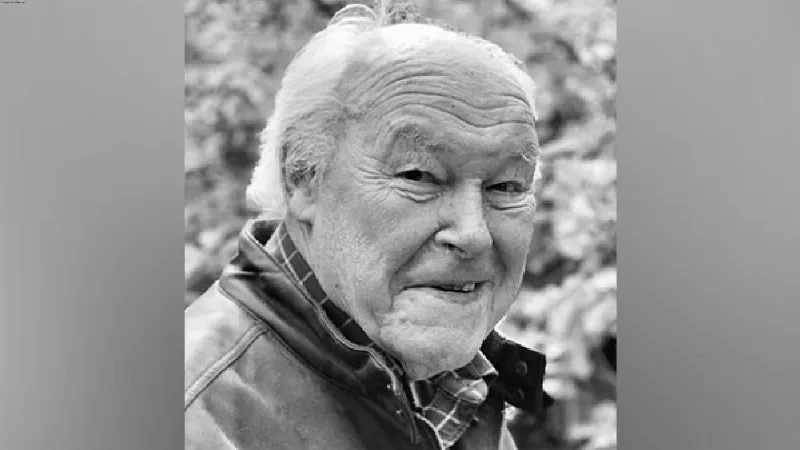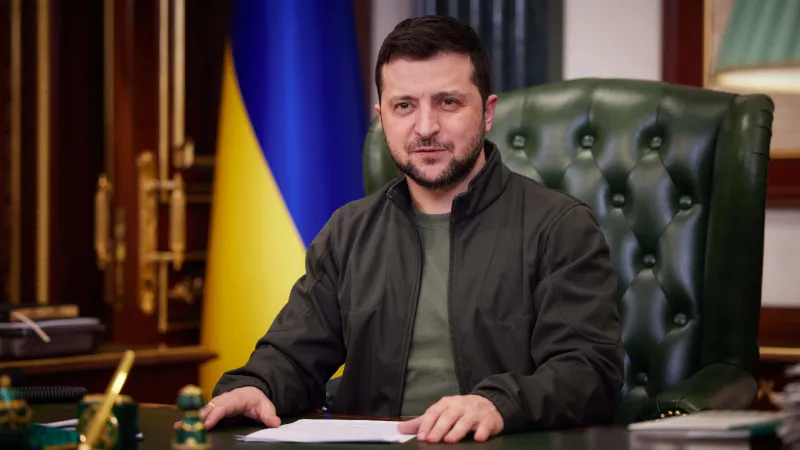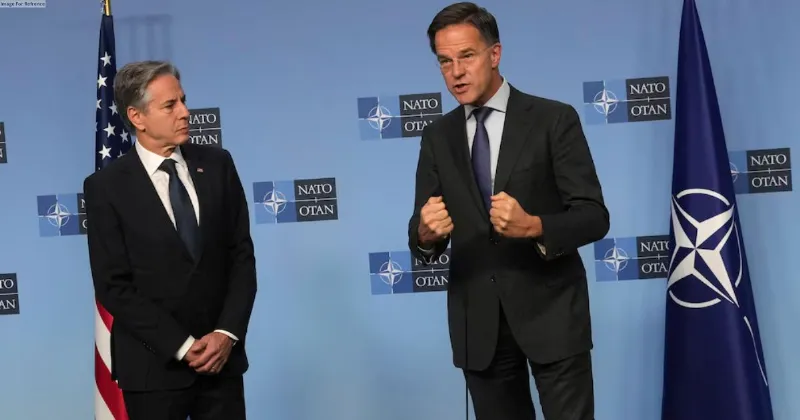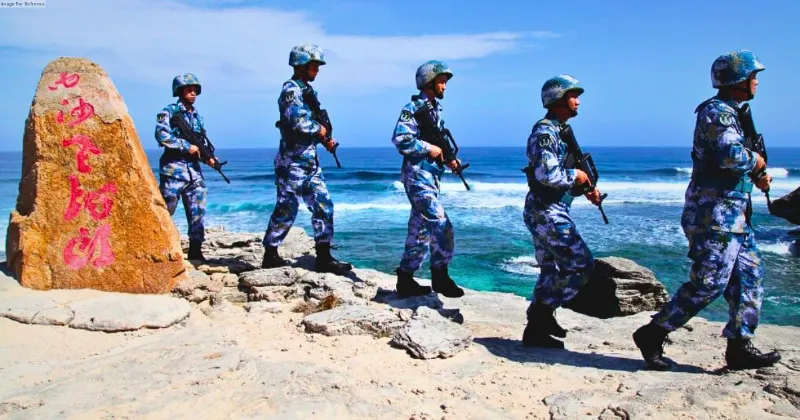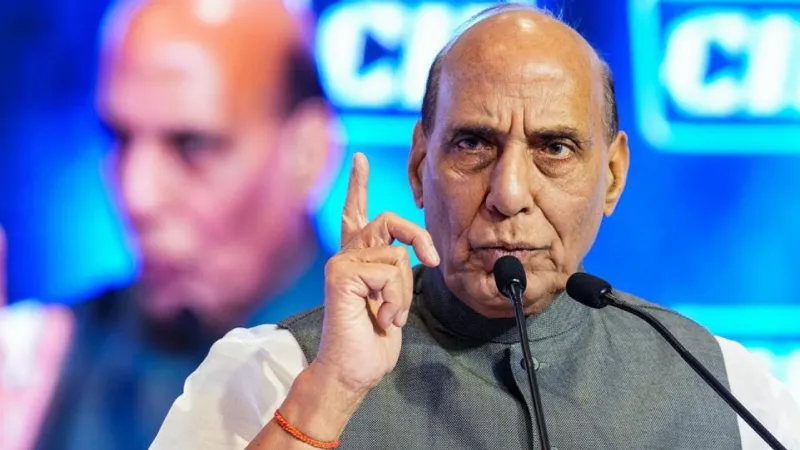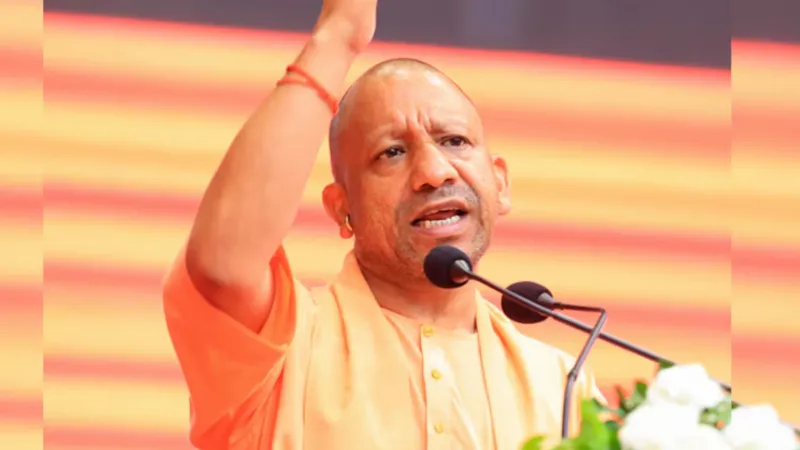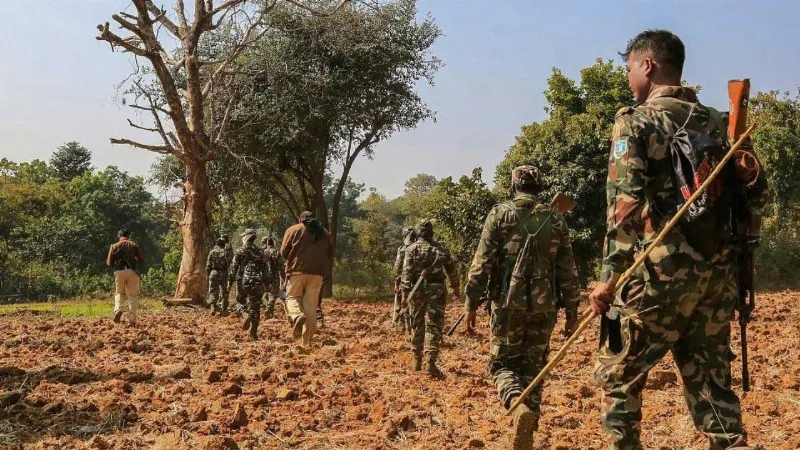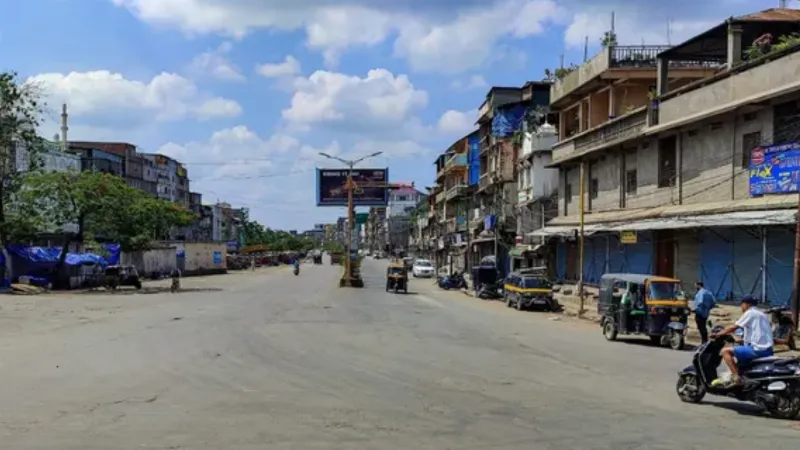Latest News
Erdogan continues the airstrikes and wants to launch a new ground operation in Syria
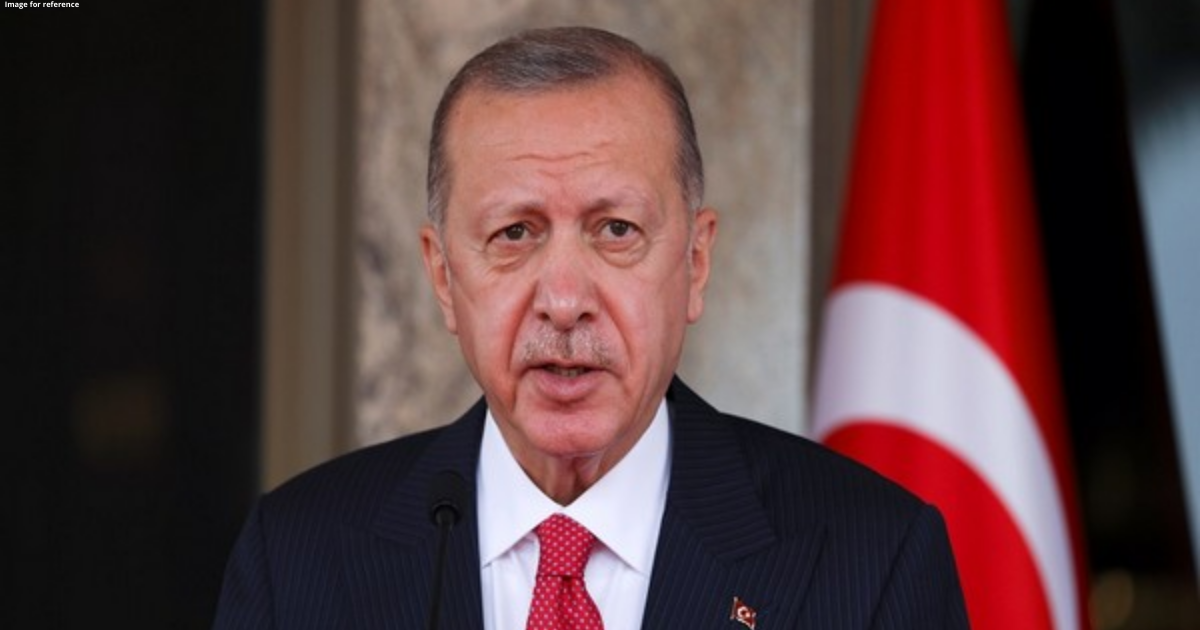
Nicosia: Turkish President Recep Tayyip Erdogan has used the recent deadly bombing in Istanbul which the Turkish government immediately blamed on Kurdish PKK and YPG forces, as an excuse to launch several air strikes on Kurdish forces in northern Syria and Iraq. He also uses the bombing as a pretext to launch a long-planned cross-border ground operation, despite calls by the US and Russia for restraint to be shown. Turkish Defence Minister Hulusi Akar was quoted by the official Anadolu news agency as saying that "so far 471 targets have been struck and 254 terrorists were neutralized in the operation", while the Kurdish YPG which strongly denies any involvement in the Istanbul bombing says that 30 civilians and 11 of its fighters were killed.
President Recep Tayyip Erdogan said that the strikes - were "only the beginning" and in a speech to AKP party members last Tuesday, reaffirmed his determination to create a "security corridor" in Syria.
Then he boasted: "We have been bearing down on terrorists for a few days with our planes, cannons and guns. God willing, we will root out all of them as soon as possible, together with our tanks, our soldiers. We are continuing the air operation and will come down hard on the terrorists from land at the most convenient time for us."
It should be noted that the US Pentagon expressed concern about the Turkish air strikes in northern Syria, saying that they threaten the safety of US military personnel and stressed that the escalating situation jeopardised years of progress against ISIS militants.
The spokesman of the Pentagon in a statement said: "Recent air strikes in Syria directly threatened the safety of US personnel who are working in Syria with local partners to defeat ISIS and maintain custody of more than ten thousand ISIS detainees."
Though the Biden Administration says that Turkey has the right to defend itself, it is clearly concerned about the possibility of a new Turkish ground operation that would adversely affect the US goal of defeating the remaining ISIS militants in northern Syria and Iraq, which are believed to number between 6,000 to 10,000.
Washington regards the PKK as a terrorist organisation, as Turkey demands, but US support for YPG forces fighting in Syria against ISIS - which Ankara see as an extension of the PKK- has always been a source of friction between Ankara and Washington.
For its part, Moscow, which in the past had prohibited Turkish fighters from using Syrian airspace and obviously allowed them to do so in the current air strikes, urged Ankara to show restraint. At the same time, the Kremlin expressed the hope that it would be possible to convince Moscow's Turkish partners not to use excessive force on Syrian territory.
As Russia needs Turkey to circumvent the economic sanctions imposed by the West on Moscow in the wake of the Russian invasion of Ukraine, it carefully refrained from openly criticizing President Erdogan for the military action in northern Syria.
It seems that Russian President Vladimir Putin has decided that Erdogan is important for Russia's interests and serves as its go-between with NATO and the EU. After all, Erdogan has brokered the agreement that allowed Russia to export its grain and fertilizers, and in exchange Moscow allowed the export of Ukrainian grain.
Speaking to reporters, Kremlin spokesman Dmitry Peskov said that "while there were disagreements between Russia and Turkey in their approach to Syria, Moscow understood Turkey's legitimate security concerns."
According to press reports, in the past few months, the US Administration conveyed to Erdogan, through a top diplomat, the message that he should not launch an incursion in northern Syria, because such a move would be catastrophic for the US fight against ISIS.
Apparently, the Turkish President had been praying to be given a good excuse that would allow him to carry out a cross border operation in Syria and to carry out his plan to create with impunity a 30-km security zone inside Syria and not fear reprisals or a strong reaction either from the US or Russia.
The bombing in the busy Istiklal avenue, near Taksim square, on November 13 that left 8 people dead and 81 wounded- which the Turkish government immediately blamed on the PKK and the YPG- was seen as "godsent" opportunity and a perfect excuse to implement the incursion plan.
It should be noted that YPG and the US-backed Syrian Democratic Forces denied any involvement in the bombing and so far, no group has taken responsibility for the deadly explosion. There are press reports that the bombing was a false flag operation carried out by members of the Turkish-backed Free Syrian Army, to justify the air strikes.
Ilhan Ahmed of the political arm of the Syrian Democratic Forces (SDF) told Al-Monitor news site that the SDF sent a letter to the US Secretary of State Antony Blinken expressing concerns that Turkey was seeking to occupy new Syrian land with its threatened ground incursion.
He added that a renewed offensive would undermine the SDF's ability to fight the Islamic State as well as secure the overcrowded Al-Hol camp that's holding displaced ISIS families.
Turkey and the government of Syrian President Bashar Assad both oppose the Syrian Kurds. Ankara because it accuses them of links to Kurdish militants on its soil, Damascus because of the Kurdish hold over nearly a third of Syria's territory, including the oil-rich east.
Paul Iddon, writing in Forbes, points out: "In a mere week, Turkey attacked the United States' Kurdish allies in Syria, endangered U.S. troops, and again doubled down on its contentious purchase of an advanced Russian air defense system. Such actions could further buttress already significant opposition in Washington to a proposed sale of modernized F-16s to Ankara."
So, it remains to be seen if Erdogan will ignore the US reaction and carry out his planned incursion into Syria. (ANI)

